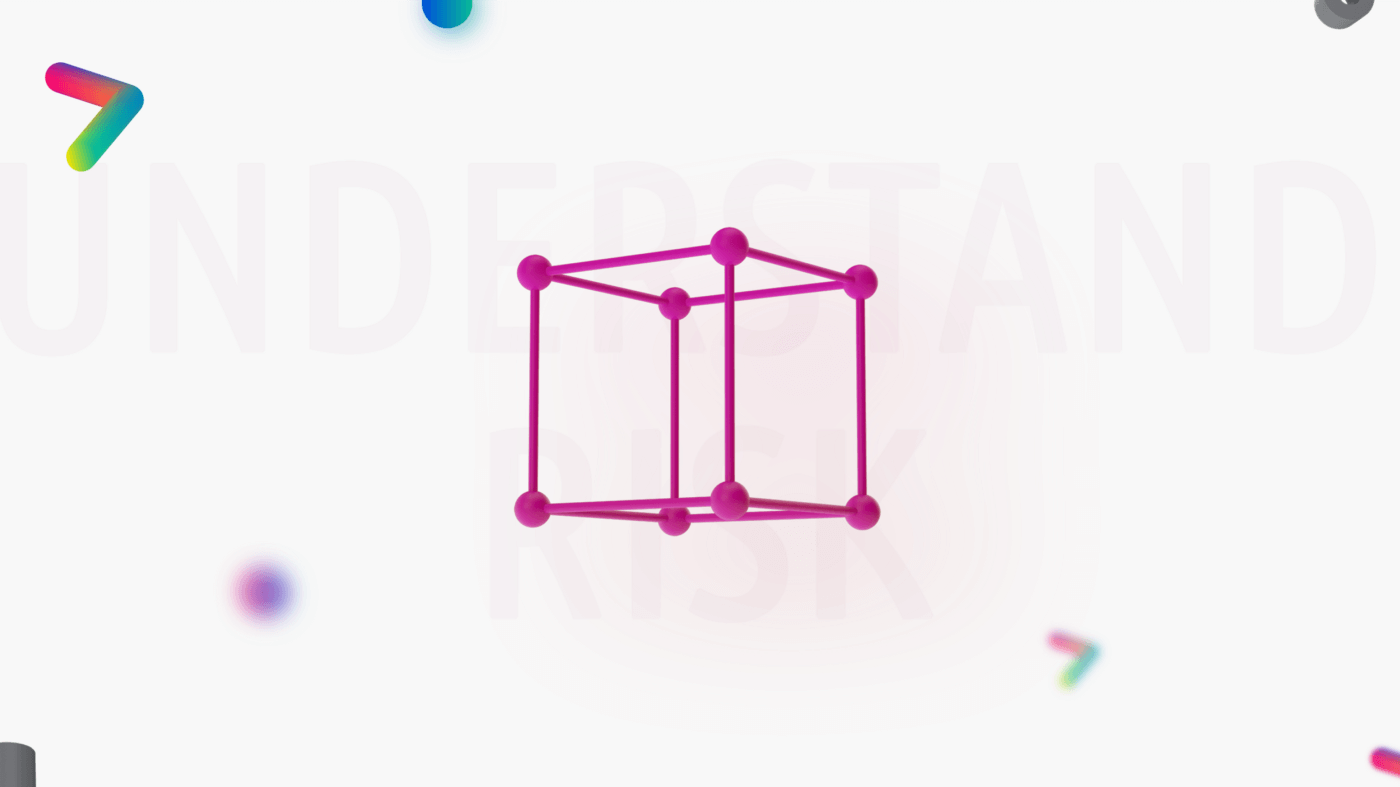BLACK FRIDAY
85% Discount for all November
85% Discount for all November

Mentorship
Software Development
Computer Science
How many times have you heard that technology will replace humans in the coming future? How many of you live in fear of losing jobs anytime soon? How many of you have already lost jobs? How many of you are scared that you will be replaced by a bot?
There is not one number which can fill the answers of any of the above question.
A report (Collet, 2010) speculated the amount of data generated by the current year (2020) and mentioned that computers would replace humans in most of the areas by today.
So why did this not happen?
There are five reasons which have found its place in this quest, and answers to all the questions which you might have.

In a conversation with Harpreet Sahota, Data scientist Brandon Quach talks about these phenomena. He mentions that people who are making the claims that humans will not be required in the near future or will be replaced by AI are either the people who have never worked with data or are entirely new in it.
All the recent conversation happening in tech and other sectors have been talking about the balance which is required to manage the data flow happening. Reports suggest that even if repetitive works might be automated in the future, a balanced ground will be needed for sustenance. Data management by AI has been in the quest for long, and therefore human intervention will not be sold off anytime soon!

How many of us want to interact with a computer instead of a human? Probably very few. Automation in the service sectors such as hospitality, consultancy, and healthcare has also brought a degree of uncertainty in the workforce planning to shift careers in this section.
A recent study by Kamal Abdien in 2019 shows that human interaction played a critical role in consumer service satisfaction. The study examined hotel guests’ preference for receiving the service from a robot or a human. The majority of guests opted for a human waiter as they thought the interaction with the waiter enhanced their service satisfaction. Service satisfaction is explained as an intangible measure to decide if the consumer would either want that service again or spread a positive word of mouth publicity.
Research by many others, along with Kamal Abdien (2019), reassures that technology might interfere in the traditional sectors dominated by us. Still, it will have to find a stable ground to work rather than replace us.

Data management and prediction work on previously available data. Even the future projections and preparation, which is done by AI, is based on the identified pattern from already available data. However, what happens in case of unprecedented scenarios?
Let us see what happened to the majority of the countries considering COVID-19. Given the remarkable growth of nearly every country around the globe, the economy was expected to grow by at least 8% by the end of 2020. Then, COVID-19 happened.
As of now, the USA’s economy has seen a decline of 5%, and it is just the mid-year now! All other major countries are battling similar issues, which is when the value of risk managers has shot up. AI has failed in making predictions, and its all in a black box now.
This is another reason why today and tomorrow, people will be needed to make decisions when unprecedented events happen. In times of rapid innovation and fast-paced economies, more IT workers will need risk management skills, says David Pearce Snyder. He also emphasizes uncertainty associated with the vast amount of data and risk, which comes with its consequences and highlights that risk management will be one of the essential skills to make humans indispensable.

A start-up named Affectiva has been recently in the news due to a general topic — it claims to identify human emotion. Now is this possible?
The answer is debatable on many levels, but the question is, why do we need human emotion to be decoded? Aren’t we talking about a human replacement?
It turns out; human emotions are a crucial cue for ethical decision making. In areas such as motorized vehicles, healthcare, and hospitality, human emotions are deciding factors for future actions to be taken. Moreover, who better to understand a human emotion than another human?
People skills will hold the key to the future workforce. Soft skills, as it is often referred to, will be a defining area that establishes the workforce’s balance and boundaries in days to come.

Yes, you read that right. We are still decades away from a movie being produced by a computer, or a novel written by a robot.
The truth is, creativity is the most significant virtue in humans’ hands to be used against their competitor as we move in industry 4.0.
Keeping all these in mind, do you think you are ready for the future?
Take our skill test to know more at Archi’s Academy.
Thursday, Dec 10, 2020